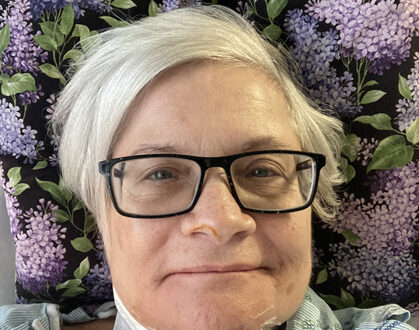Part I: Every Tribe, Language, People, and Nation
A couple years ago my favorite seminary professor told me of a women’s mission trip to India, and that I’m going. I don’t consider myself the global missions type. I’m sort of neurotic about international travel. It’s a combination of safety freak plus control freak. (Good thing I’m married to a psychotherapist.)
Plus I have a love/hate relationship with India. But I would not turn down my favorite professor. But as the trip drew closer, my anxiety skyrocketed.
Not sure how much you know about the current religious-political climate in India, but a certain group of Hindu nationalists don’t play nice with those who follow the Abrahamic religions. Some of these radicalized Hindus refuse to eat meat (because it’s a sin to kill animals), but have no problem killing Christians.
Here’s what’s coming down the pipe for India: If a Christian, Muslim, or Jew will not convert to Hinduism, they will have to leave India permanently, or go to prison. No joke—it’s already happening, and it’s only going to get worse. On the Open Doors’ World Watch List for severity of persecution of Christians, India (formerly number thirty-one) lands at number ten.
India has had its share of religious riots. There are worse things than death, and I feared all of them. So you think this safety freak wanted to go to India to a region with fewer than one percent Christians? Uh, no. Plus the trip would take place during monsoon. No one goes to India on purpose during monsoon.
Well, I went. And glad I did. During the day we spoke at women’s conferences, and in the evenings we visited orphans and widows.
We encountered women struggling with infertility, survivors of sexual assault and domestic abuse. Women with alcoholic husbands. Women with dead husbands. Women with no money. Women feeling they had no identity outside of their husbands.
These women hungered. For hope. For someone to tell them that their worth and dignity come from God, not from having babies. That their worth and dignity come from God, even if men reduce them down to body parts.
And while there, this theme from Revelation 5 kept popping up in my mind: every tribe, language, and people. Here’s another theme that kept popping up: the Christian women there risked much to proclaim faith in Christ. They probably lost their families, their jobs, and their social communities. They had to take days off work to attend the conference. I don’t know what they told their bosses, but it probably didn’t resemble, “I need a few days off to attend a Christian conference.”
If the women living there could risk their lives daily, I could risk mine for two weeks. If I died then I died. I can’t control that anyway. God had called me there to encourage the discouraged, and to love the unloved. No one would shut my mouth. (It’s not easy to shut my mouth anyway. Ask my husband.)
Two things I didn’t expect: First: that I would meet the sweetest most respectful orphan children (remember, they have no parents) I’ve ever encountered. #easternculture. No tantrums. No crawling-up-the-wall-like-Spiderman freak-outs. I had never had such an easy-peasy experience with a group of forty-four kids, and I work in pediatric healthcare. Can I practice in India?
Here’s the second thing I didn’t expect: if the government provides free medical care for orphans, why had these kids not gotten all their necessary medical evaluations? Because when I examined them, some of these kids needed urgent medical attention for infections, pain, and even cancer. The answer: because of their HIV positive status, most doctors refuse to touch them.
Yes, you read that right. But wait a minute—doctors working in government hospitals in India treat HIV positive patients all the time, whether or not they acknowledge it. It’s India, afterall.
These orphans (some as young as six years) know of their HIV positive statuses. They know their mothers work in the red-light district and can’t take care of them. They know they will die young, that doctors refuse to see them, and that nobody wants them. That’s a lot of suffering and rejection for a child to endure.
Here’s the one and only thing that drives me crazy about being Indian: illogical social constructs that lead to illogical social injustices. (OK, and maybe hirsutism.)
When HIV positive orphans reach eighteen years, the government turns them loose onto the streets to fend for themselves. And most of them end up working the red-light district like their parents.
Before I left for India, I made a list of prayer requests. And my prayer needs boiled down to 1) Health and Safety, and 2) Health and Safety. While there, I survived an asthma attack, and a DVT clot in my calf. But I managed zero food poisoning—a first for me and India.
It hardly rained during my sixteen days there. (Remember—it was monsoon—a time known for waist-deep flood waters.) It had rained sheets before my trip. And when I boarded the flight to go home—downpour.
I think about all the people I encountered—less than 200 miles from where my parents grew up. According to the wonderful world of statistics, I should have grown up an everyday Hindu living in India, instead of an American saved by Jesus. Global missions matter.



